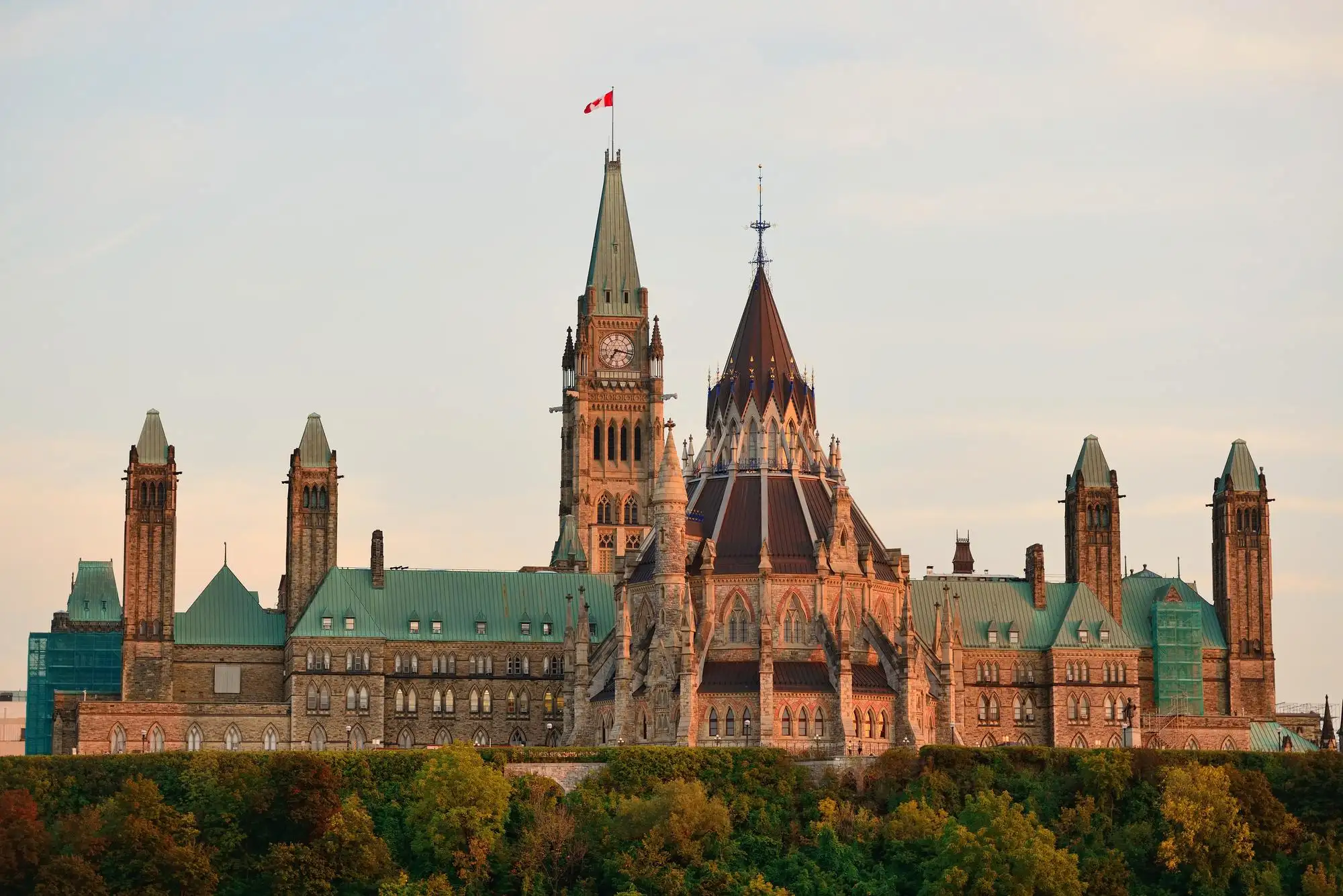Today, the House of Commons reconvenes after nearly five months.
Normally, there would’ve been a fall economic update.
Last year, Finance Minister Chrystia Freeland released the fall economic statement on November 30th. We do not yet know when Minister Freeland will release this year’s fall economic statement. Still, with many campaign promises to implement, we should expect to see one in the coming weeks, before Parliament breaks again for the holidays in December.
We can get an idea of what to expect now that Parliament is in session.
Because the Liberals only have a minority, they will need to work with other parties in Parliament to pass law. The Liberal party’s fiscal policy seems to be closer to the NDP than to the Conservatives. Because of this, we may see promises that the NDP made also get implemented to keep Parliament intact. We highlight some of the noteworthy pledges made by the two parties below.
You can read our coverage on the tax measures that the Liberals, Conservatives, and NDP outlined during the election cycle here.
Noteworthy Liberal Promises
- A New Minimum Tax for High-Income Earners
- Anti-Flipping Tax to Curb Speculation and House Flipping
- Tax-free First Home Savings Account
- More Flexible First-Time Home Buyers’ Incentive
- Double the First-Time Home Buyers Tax Credit
- Deterring Unfair Rent Increases by Taxing Renovictors
Click here to read more details on the above measures.
Noteworthy NDP Promises
- Increase the Capital Gains Tax Inclusion Rate From 50% To 75%
- Increase Federal Corporate Tax Rate from 15% to 18%
- 15% COVID-19 Excess Profit Tax on Large Corporations
- Increase the Top Marginal Tax Rate by 2%
Click here to read more details on the above measures.
Why is this important?
Although the Liberals didn’t say they would increase tax rates in their election platform, the current dynamic of Parliament is different from what they expected. The Liberals may be forced to work with the NDP on certain issues to hold onto power. The overall sentiment seems to be a rate hike for high-income earners. Knowing the general tax policy direction that the government is likely to take will allow you to make wise financial decisions. For instance, this could include accelerating taxes under the current tax rates.
We’re happy to help
If you have any questions about our article, please feel free to schedule a free consultation with one of our team members.


